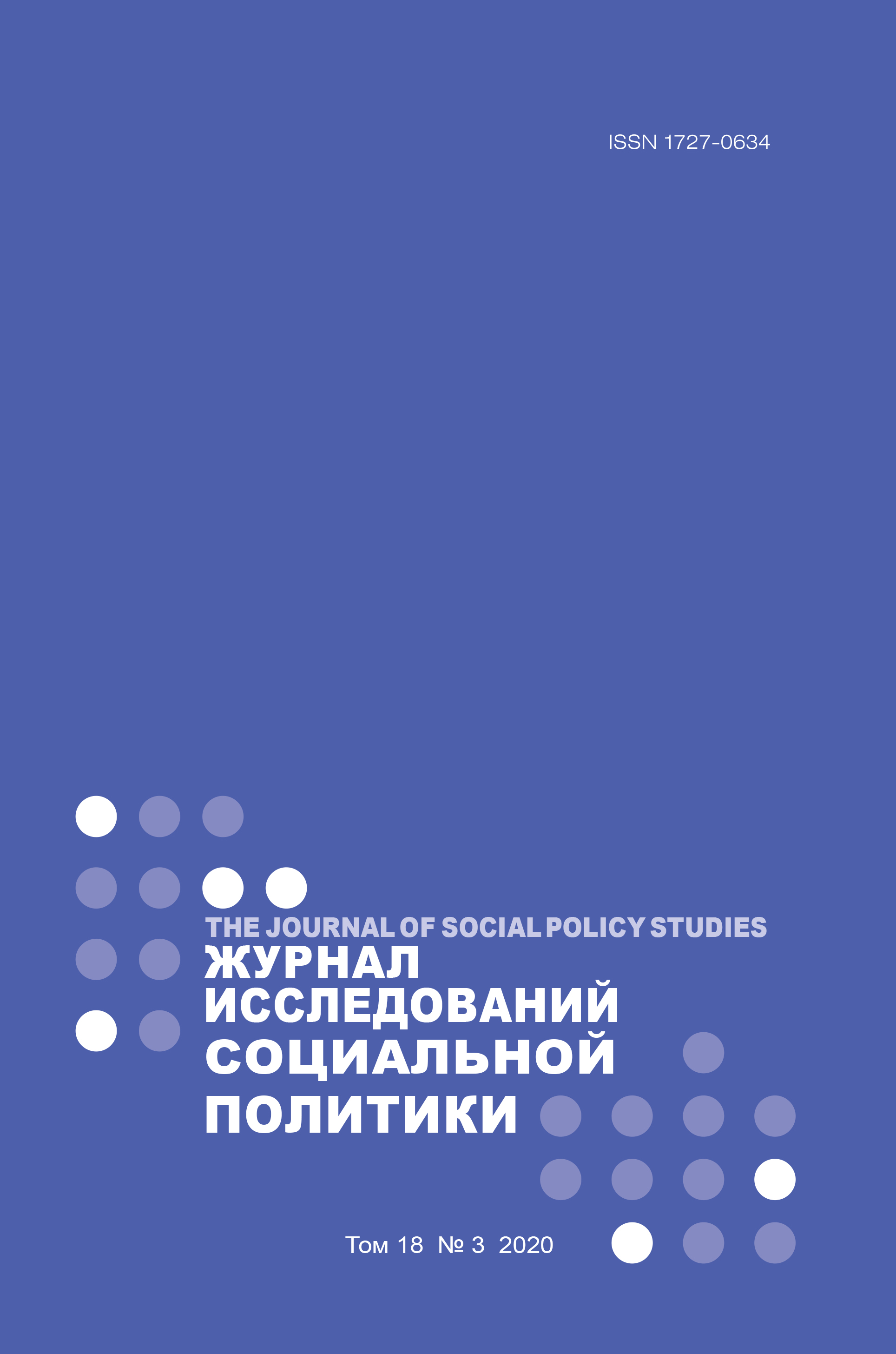Cultural Policy in Russia’s Regions: The State, Corporations and Indigenous People
Abstract
This article analyses the role of corporations in the production of cultural policy in Russia’s regions. It examines different approaches to understanding state cultural policy, as well as what functions can be performed by non-state actors. The main focus of the article is on corporate projects aimed at preserving and developing indigenous culture in the regions of the North and the Far East. The regions selected for the study are characterised by a high degree of socio-economic dependence on extractive corporations. Using a qualitative
methodology, research is based on semi-structured interviews, an analysis of documents, and observation. Despite the innovative potential of the private actors described in the theoretical literature, corporate projects in Russia’s regions tend to duplicate state policy in cultural policy and reproduce a traditionalist approach. Adherence to tradition is considered not only to be a way of increasing the symbolic significance of culture, but also as a tool for implementing tasks. Support for traditional cultural projects allows corporations to leave the impression that they do not destroy the environment they come to, but, on the contrary, carefully preserve the legacy of the past. Indigenous people can also successfully appeal to tradition in disputes with oil companies or authorities. At the same time, on closer examination, it turns out that the traditional culture of indigenous peoples, that persists, was created in Soviet times during the process of ‘domestication’ and homogenization. The main factors that have neutralised the creative potential of non-state actors are related to a pragmatic understanding of culture by both state and non-state actors, the preservation of paternalistic relations between companies and local communities, the presence of certain stereotypes about traditional culture.















